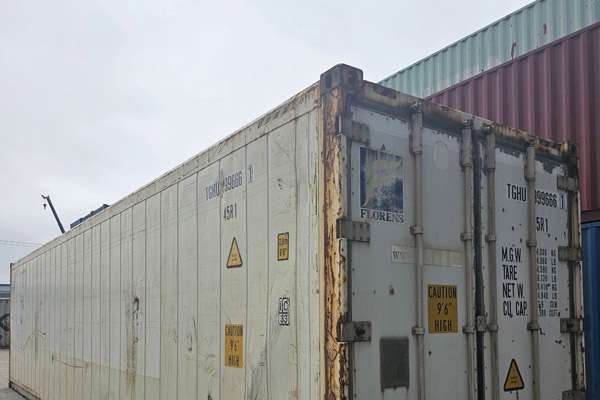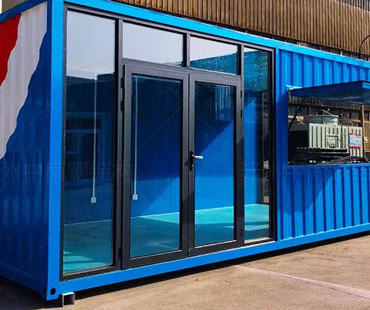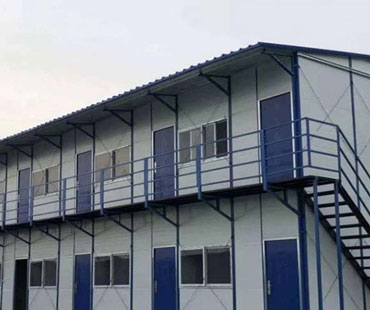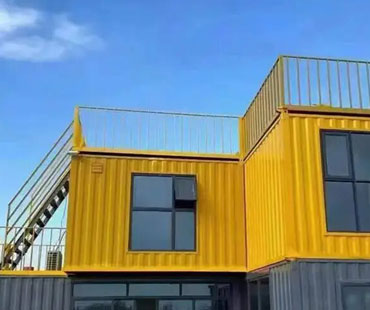In today's globalized world, the demand for fresh and perishable food products is on the rise. As consumers become more health-conscious and seek out high-quality food, the importance of effective cold chain logistics becomes increasingly critical. Cold chain logistics encompasses the entire process of transporting temperature-sensitive goods, particularly food items, from the point of origin to the final consumer. Utilizing refrigerated containers in this process is essential for ensuring food safety and quality.
Cold chain logistics refers to a temperature-controlled supply chain that maintains the integrity of perishable products. This system involves a series of linked processes, including production, storage, transportation, and distribution, all of which require precise temperature management. The primary goal is to extend the shelf life of food products and prevent spoilage, thereby safeguarding both consumer health and business interests.
Refrigerated containers, commonly known as reefer containers, play a pivotal role in cold chain logistics. These containers are equipped with advanced temperature control systems that maintain the required climate for various types of perishable goods, including fruits, vegetables, dairy products, meat, and seafood. By using these specialized containers, businesses can transport temperature-sensitive products over long distances without compromising quality.
1.Temperature Control: Reefer containers are designed to maintain specific temperatures, which can range from freezing to slightly above refrigeration levels. This capability ensures that food products remain fresh and safe for consumption.
2.Monitoring Systems: Modern refrigerated containers are equipped with sophisticated monitoring systems that track temperature and humidity levels in real time. This data can be accessed remotely, allowing logistics managers to ensure that products are kept under optimal conditions throughout the shipping process.
3.Flexibility and Scalability: Refrigerated containers offer flexibility in shipping methods, whether by land, sea, or air. They can be easily integrated into existing logistics networks, making them a scalable solution for businesses of all sizes.

Food safety and quality are paramount concerns for consumers and regulatory agencies alike. The use of cold chain logistics in refrigerated containers helps mitigate risks associated with foodborne illnesses and spoilage:
-Minimizing Spoilage: By maintaining appropriate temperatures, refrigerated containers significantly reduce the risk of spoilage, allowing food items to reach their destination in optimal condition.
-Preventing Contamination: Properly managed cold chains also help prevent cross-contamination, a critical factor in maintaining food safety. By ensuring that different products are stored and transported under controlled conditions, businesses can minimize the risk of harmful bacteria proliferation.
-Compliance with Regulations: Many countries have stringent regulations regarding food safety. Utilizing cold chain logistics with refrigerated containers helps businesses comply with these regulations, avoiding potential fines and reputational damage.
Despite the advantages, cold chain logistics does face several challenges:
-Infrastructure Limitations: In some regions, inadequate infrastructure can hinder the effectiveness of cold chain logistics. Access to reliable power sources for refrigerated containers and appropriate storage facilities is crucial.
-Cost Considerations: The initial investment in refrigerated containers and the ongoing operational costs can be significant. However, the long-term benefits of preserving food quality and safety often outweigh these costs.
-Training and Expertise: Proper management of cold chain logistics requires specialized knowledge and training. Companies must invest in workforce training to ensure that employees understand the importance of maintaining the cold chain.
Cold chain logistics in refrigerated containers is a critical component in the food supply chain, ensuring that perishable products remain safe and of high quality. As the demand for fresh food continues to grow, the importance of effective cold chain management will only increase. By investing in advanced refrigerated containers and optimizing logistics processes, businesses can not only meet consumer expectations but also contribute to a more sustainable and efficient food supply chain. Ultimately, maintaining the integrity of the cold chain is not just about logistics; it's about protecting public health and enhancing the overall food experience for consumers worldwide.


